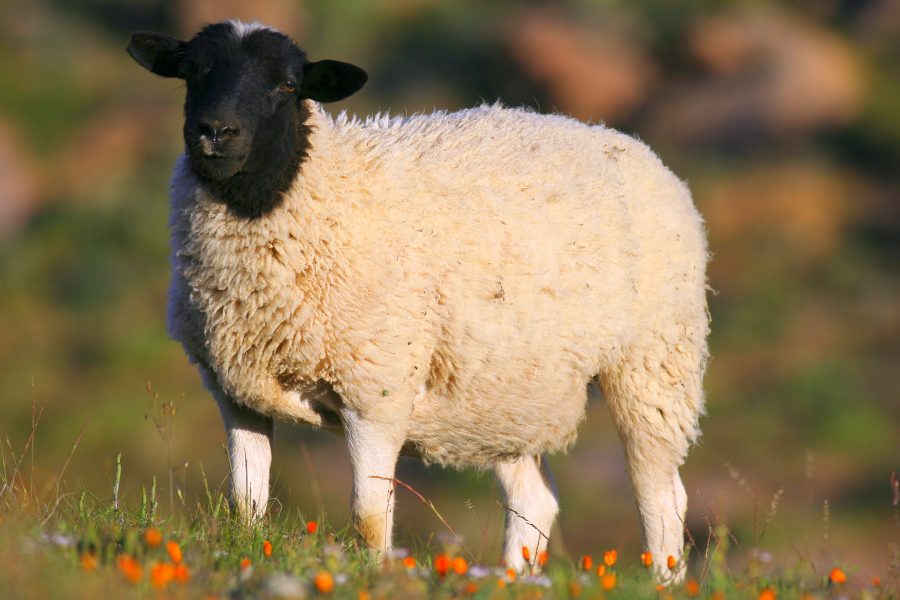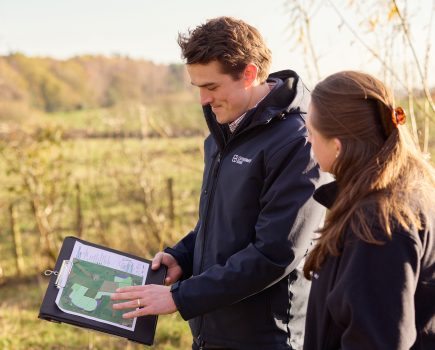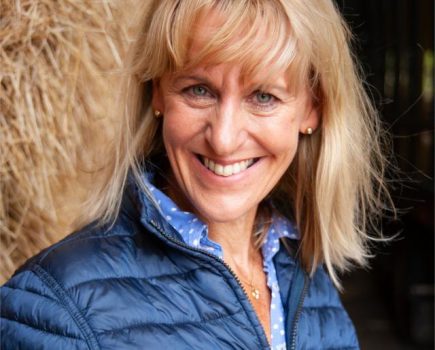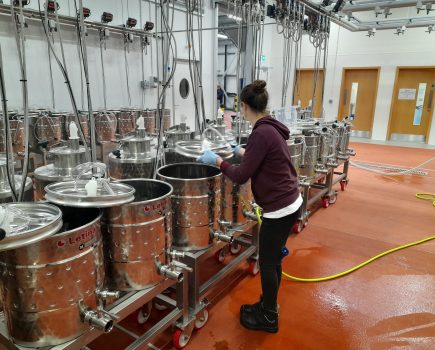Kent Police have again stressed that dogs worrying sheep are in danger of being shot, after investigating what has been described as “the worst” livestock attack ever seen.
A month or so on from the Christmas attack that saw 31 sheep killed in a field near Teynham, Sittingbourne, the Rural Task Force has exhausted all lines of enquiry and confirmed that it is unable to bring a prosecution.
“We have spoken to one dog owner but there is insufficient evidence to suggest that their dog was involved and there were no witnesses to the attack,” said the force’s Sergeant Darren Walshaw. “We have now filed the case pending any new information coming forward.”
Sgt Walshaw stressed that the force would go to any lengths to bring dog owners to book, including taking DNA samples from injured animals and comparing it to suspect dogs. In this case, he told South East Farmer, the weather and the time that had elapsed between the attack and the discovery meant this had not been possible.
While the police have effectively closed their investigation, the owner of the sheep, Duncan Anderson, has said there is still the possibility of a civil prosecution being brought by his insurance company.
Sgt Walshaw, meanwhile, reminded dog owners that legislation allows a livestock owner to shoot a dog in order to protect their animals. “And that’s sad all round,” he pointed out. “You are left with injured livestock and a dead pet, and it’s all down to an irresponsible owner.”
The attack happened between Christmas Eve and lunchtime on Boxing Day, when Duncan, who also runs butchers SW Doughty in Doddington, discovered the gory evidence of the ferocious attack on the pregnant ewes.
PC Marc Pennicott, of the Rural Task Force, said at the time: “This is a distressing incident which is possibly the worst livestock attack we have ever had. The sheep would have been petrified and had no way of escaping.
“We believe they may have been attacked by one dog but cannot rule out that more dogs may have also been responsible. The farmer has not only suffered a financial loss due to this incident, but animals have needlessly lost their lives.”
Duncan said there had been one sheep in the centre of the field with its throat torn. Most of the dead animals were in the corner of the field and had been trampled. Three more were later found in the river and another in the field, while two more had to be put down by a vet more than a day later, despite Duncan’s attempts to treat them with antibiotics and painkillers.
In total he lost 31 animals, but with all of the ewes carrying multiple lambs, he estimates at least 75 more losses, plus future generations. The sheep cannot be replaced locally as they are from a unique, closed flock of wool-shedding Dorpers.
“Many of them would’ve come back into the flock as breeding females so it will take time to build the numbers back up,” he said. “I’ve lost about 5% of the flock.”
Duncan believes the dogs were there for two to three hours in a sustained attack, only going home when they “got fed up”, and he doesn’t believe that dog walkers are generally to blame for attacks on livestock.
“Most people with dogs are responsible and walkers around here are local,” he told South East Farmer. “They are horrified if one of their animals gets off the lead and worries a sheep, they put things right and they make sure it never happens again.
“In my experience the problems are generally caused by dogs not being looked after properly, getting bored and escaping. It’s rarely people exercising their pets.”
Photo: A Dorper sheep ©shutterstock.com







